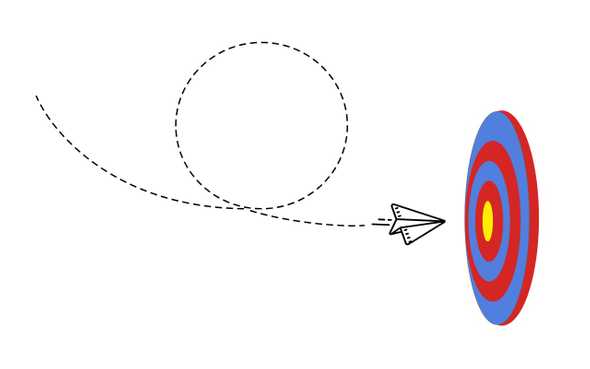Debunking the 25 Minute Attention Span
March 16, 2020
I’m sure you have heard it before. It seems that somewhere along the road, someone will tell you about the “revolutionary” idea of the Pomodoro timer. If you are not familiar, the idea essentially builds off of the “fact” that all humans have an attention span of about 25 minutes. Though I believe this to be true in one manner, I also believe this to be completely untrue in another.
My Time at University
Before I move forward any further, I want to give you all some of my experience in this particular subject. When I studied computer science at University, I needed to attend many lectures ranging from 50 minutes to over two hours. I had a hard time paying attention to almost every single lecture.
During each of my lectures, I followed the 25-minute attention span rule mentioned above almost exactly. I found that even the hardest I tried to pay attention through taking notes, asking questions, or drinking coffee, I still would start to lose focus right around the 25-minute mark.
On the contrary…
I also had a lot of coding assignments at University that required me to put in multiple hours of work at a time. What’s the difference between my lecture attention span versus my coding attention span, one might ask? Well, the difference is that I could focus for four hours or more.
Fast forward to after I graduated, depending on your job, you have much more time to do whatever you want. I remember studying for longer than 12 or even 14 hours a day at University, so working a full-time job felt like a breeze. Sure, there are jobs that require you to put in ~12 hours a day, but my job, and most jobs, aren’t like that. After 5 or 6 pm, you are free to do what you want whether it’s video games, TV, reading, whatever. So where does this attention span topic come in again?
Instead of doing all of the things I mentioned above after work, I try to be a little hacktacular. As soon as I get home after work, I often grab dinner from my fridge, then code until an annoyingly late time at night. Want to know the amazing thing about this? I did not lose focus for the entirety of the time I was coding.
So where am I going with this?
The point I’m making is not one that completely dismisses the attention span theory, but rather, to build on it. The attention span theory should be modified as such: People have a 25-minute attention span when they are doing things they do not wish to do.
Sure, one may not enjoy coding, reading, etc. as much as the next person; however, there is something that each individual can focus on for absurdly long periods of time.
For example:
There is one powerful example in particular that fully debunks the original attention span theory. It is something that everyone has experienced at least once, and it truly exemplifies the powerful focus humans can wield when they experience something interesting… something entertaining. I’m, of course, talking about movies.
It seems as if movies increase in length as every year passes. When I was younger, movies were typically no more than an hour and 30 minutes long. Today, it seems as if movies must be at least two hours long if they have any aspirations for any academy award.
Even as movies have increased in duration, our attention span has more than kept pace. So much so that there are some movies that push three hours long! That is an astonishing amount of time of uninterrupted focus on a particular subject. What was that again about a 25-minute attention span?
Where does this fit in with developers?
A profession in development has many different sub-fields. It has so many that there might be some that a developer might hate with a passion while there are others that no one can pry them away from. This is precisely where the idea of “attention span” and “focus” arrives. I believe that understanding where one can and cannot maintain long periods of focus is a great way to determine where one should navigate their career in development.
Do you find yourself spending hours on end practicing end-to-end tests? What about front end development? What about DevOps? I believe the key to discovering your niche is being observant in your work. You need to be ready for the moment when you feel like you have been working on a task for a few minutes, but in reality, it has been a few hours. As developers and workers alike, we need to seek out the moments when we are so enthralled in a particular task that we no longer see the world outside of our task. When we find this unparalleled moment of focus, we become much closer to navigating our careers as developers.
Whether it’s a developer who codes for three hours straight, a heart surgeon who focuses intently on their patient for four or more hours, or simply a movie-goer who watches a movie for two and a half hours, I believe it is clear that our attention spans are much longer than we once thought. Our attention spans appear to be directly correlated with our level of enthusiasm in a particular task, and it is apparent that we can be pretty darn enthusiastic.
